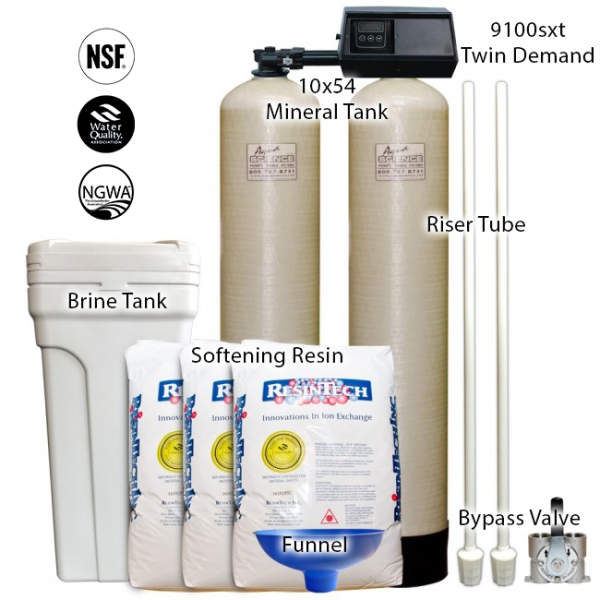
A residential water softening system can provide several long-term cost-saving benefits that can help it pay for itself over time. Here are some ways a residential softening system can save money and eventually pay for itself:
1. Increased Appliance Lifespan:
- Water Heater: Hard water contains minerals like calcium and magnesium, which can cause scale buildup inside water heaters. A water softener helps prevent this scale buildup, allowing the water heater to operate more efficiently. This can extend the water heater's lifespan and reduce the frequency of repairs or replacements.
- Washing Machine and Dishwasher: Hard water can also cause scale buildup in washing machines and dishwashers, reducing efficiency and potentially costly repairs. A water softener helps prevent scale buildup, improving the longevity and performance of these appliances.
2. Energy Savings:
- Water Heater Efficiency: Scale buildup in a water heater can act as an insulating barrier, reducing the efficiency of the heating element. The water heater operates more efficiently with softened water, requiring less energy to heat water to the desired temperature. This can lead to lower energy bills over time.
- Appliance Efficiency: Appliances such as dishwashers and washing machines also operate more efficiently with softened water. They use less energy to heat water and provide better cleaning results, potentially saving energy.
3. Reduced Soap and Detergent Usage:
- Cleaning Products: Hard water reacts with soap and detergent, reducing effectiveness. As a result, more soap or detergent is needed to create lather and clean effectively. With softened water, cleaning products work more efficiently, requiring less to achieve the same results. Over time, this can lead to savings on soap, shampoo, laundry detergent, and dishwashing detergent.
4. Extended Plumbing System Lifespan:
- Prevention of Scale Buildup: Hard water can lead to scale buildup in pipes, faucets, and fixtures over time. This scale can restrict water flow, reduce water pressure, and eventually lead to plumbing issues. A water softener helps prevent scale buildup, extending the plumbing system's lifespan and reducing the likelihood of costly repairs or replacements.
- Fewer Plumbing Repairs: Softened water puts less strain on pipes and fixtures, reducing the likelihood of leaks, clogs, and other plumbing problems. This can result in fewer repairs and maintenance costs for the plumbing system.
5. Improved Clothing and Fabric Lifespan:
- Clothing and Fabrics: Hard water can cause clothes and fabrics to become stiff, rough, and less vibrant over time. Softened water helps preserve clothing and fabrics' color, texture, and lifespan. This means clothes and linens may last longer, reducing the frequency of replacements.
6. Healthier Skin and Hair:
- Reduced Need for Skin Products: Hard water can leave a residue on the skin, leading to dryness, irritation, and additional moisturizers or skincare products. Softened water is gentler on the skin, reducing the need for extra skincare products and potentially saving on those expenses.
7. Home Value:
- Appeal to Buyers: A home equipped with a water softening system can be more attractive to potential buyers. This can increase the home's resale value and potentially result in a higher selling price when the time comes to sell the property.
8. Reduced Water Usage:
- Efficient Cleaning: With softened water, cleaning tasks such as dishwashing, laundry, and general cleaning require less water to achieve the same results. This can lead to overall water savings over time, reducing water bills.
Conclusion:
A residential water softening system can pay for itself over time through various cost-saving benefits. These include increased appliance lifespan, energy savings, reduced soap and detergent usage, extended plumbing system lifespan, improved clothing and fabric lifespan, healthier skin and hair, increased home value, and reduced water usage. While the upfront cost of a water softener may seem significant, the savings and benefits can make it a wise investment for homeowners looking to improve their water-using appliances and systems' efficiency, performance, and longevity.
A typical return on investment may be less than a year when you calculate all the savings benefits based on the size of your family and your home.


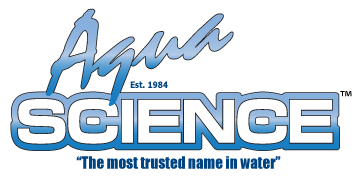




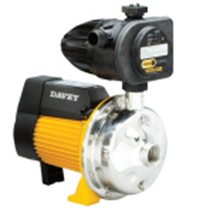
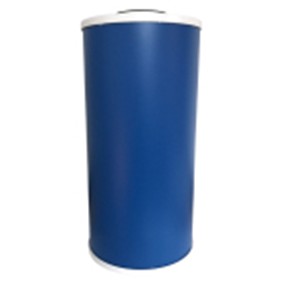
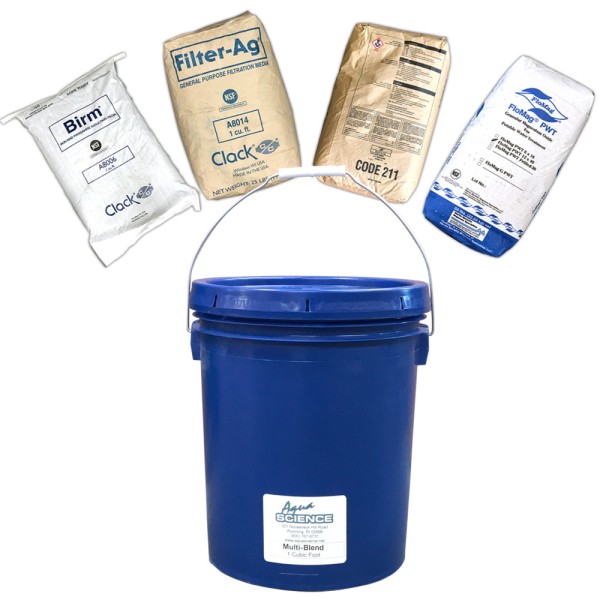
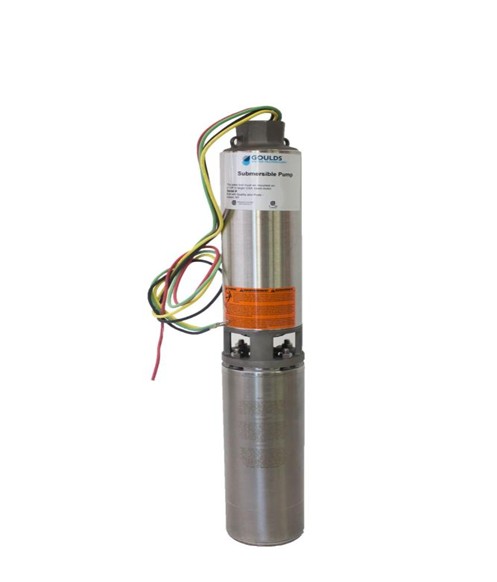
Validate your login